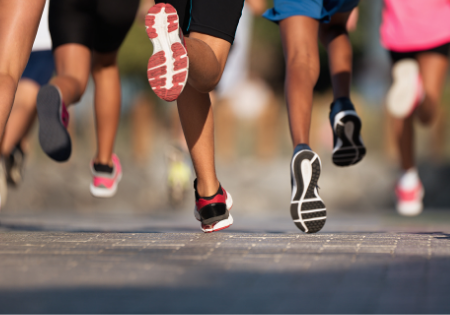Overview
14-hours CPD
Registration: 09:00- 09:30
Course Schedule: 09:30-17:30
Course Details
This two-day course will explore the role of manual therapy and exercise selection in the assessment and management of common musculoskeletal conditions affecting the runner. It will cover the complex interplay between the runner, the body biomechanics, pain science, lifestyle, patient psychosocial factors, beliefs and expectations, and best practice.
Over the two days, the course will provide tools for practitioners to improve their clinical reasoning in dealing with common endurance sports injuries as well as clarifying the use and implementation of rehabilitation exercises and manual therapy. This course has a strong focus on practical solutions with real clinical value as well as a comprehensive discussion of theory.
Osteopathic practice standards and other CPD elements covered:
A) Communication and patient partnership A1, A2, A3, A5, A6, A7
B) Knowledge, skills and performance B1, B2, B3
C) Safety and quality in practice C1, C4, C6
D) Professionalism D10
Objective activity (1.5 hours)
A theoretical patient will be introduced providing only general information such as age, gender, occupation, social network, social activities and what symptoms the patient is presenting with. The participants will be then asked to engage in a brainstorming case-history like scenario whereby based on their line of enquiry further information will be provided with the aim to get to a differential diagnosis. Assessment, clinical testing, potential treatment and management plan will then be discussed.
Learning objectives:
- Develop a better understanding and knowledge of the functional anatomy and biomechanics of the human body when running.
- Appreciate the importance of taking a biopsychosocial approach to patient management.
- Develop a comprehensive case history with a critical line of enquiry and physical evaluation strategy for the most common MSK running related injuries.
- Develop a greater understanding of the common MSK red flags and when to refer for further investigation.
- Improve confidence with the physical assessment of the runner and a better understanding of the evidence for the use of important clinical tests and assessment strategies.
- Gain a better understanding and knowledge of common MSK pathologies in the runner.
- Improve confidence in the use and selection of person-centred rehabilitation exercises and other manual therapy techniques for managing common MSK running related injuries.
- Review the latest research evidence relating to the influence of posture, common running form mistakes and muscle imbalances and their relation to the runner.
- To develop greater confidence in the management of a patient with a running related injury from an acute stage to the return to running.
- To develop a better understanding of injury prevention strategies to reduce the risk of recurrent injury.
Course suitability:
The course is suitable for osteopaths, physiotherapists, chiropractors, sport therapists and third and fourth-year students.
Timetable & Course Content
DAY ONE
9:00-9.30 Registration
9:30-10:00 Functional anatomy and biomechanics of running: The running cycle & The importance of considering the whole-body kinematics in relation to running.
10:00-10:30 Most common MSK running related injury, epidemiology, psychosocial factors & evidence-based practice.
10:30-10:45 Break
10:45-11:15 Most common MSK running related injuries continued.
11:15-12:30 Practical interactive case history taking session which includes in depth clinical reasoning/line of enquiry and open discussion to gather valuable information to inform the differential diagnosis and assessment hypothesis.
12:30-13:15 Lunch
13:15-15:00 The assessment of the runner, theory and evidence-informed practice concerning functional mobility testing, clinical tests, power and strength tests.
15:00-15:15 Break
15:15-17:00 The assessment of the runner continued: Practical session. An active approach to assessment and management supported by the clinical reasoning process. It Includes an in-depth discussion of orthopaedic tests, functional tests and their findings and how to interpret them. Pain science is discussed as is the importance of the words we use in clinical practice.
17:00-17:30 Q&A and open discussion
DAY TWO
09:00-10:00 Review of day 1 and discussion
10:00-11:00 The role of manual therapy in the treatment and management of running related injuries, theory and evidence-informed practice.
11:00-12:00 The role of exercise selection in the management of running related injuries- group discussion and practical session.
12:00-12:30 Pain management in the treatment and management of running related injuries.
12:30-13:30 Lunch
13:30-14:15 The evidence behind clinical tests to evaluate the progress and the return to sport of the runner.
14:15-15.30 The role of exercise selection in the management of running-related injury & Group discussion and practical session.
15:30-15:45 Break
15:45-16:30 Case-based discussion
16:30-17:00 Q&A and open discussion
Marco Fabiani
Alberto Campanaro
How can I contact the organiser with any questions?
For more information contact the CPD team at cpd@uco.ac.uk.
You will be emailed information about the course approximately 1 week before the seminar.
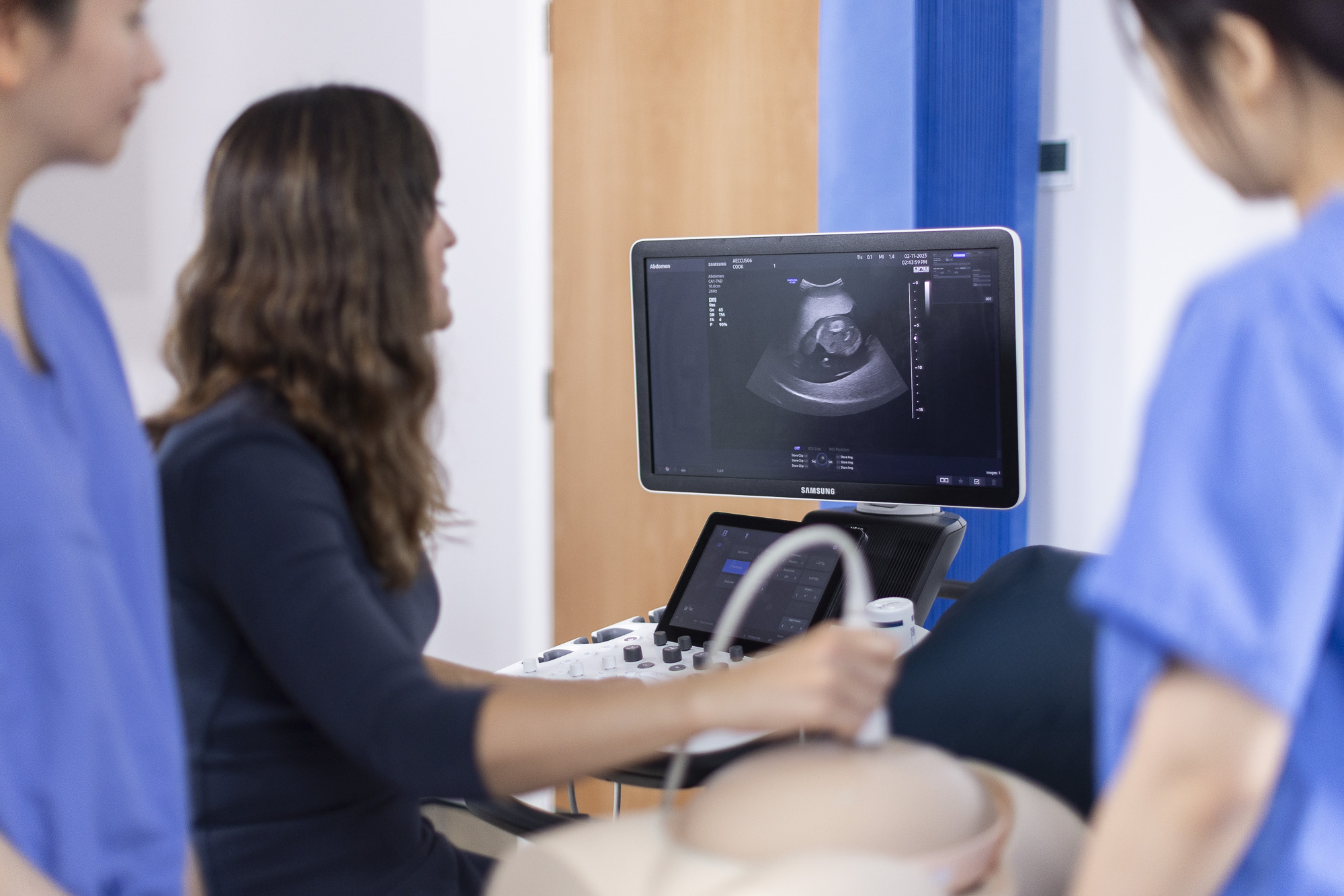
Find the course that’s right for you
Get training and offer more to your patients and your practice.
We offer a range of continuing professional development (CPD) courses and short courses across the year for all those who wish to enhance their professional development and increase their skills.
Latest News
Discover and read all the latest news, press releases and happenings here at Health Sciences University.
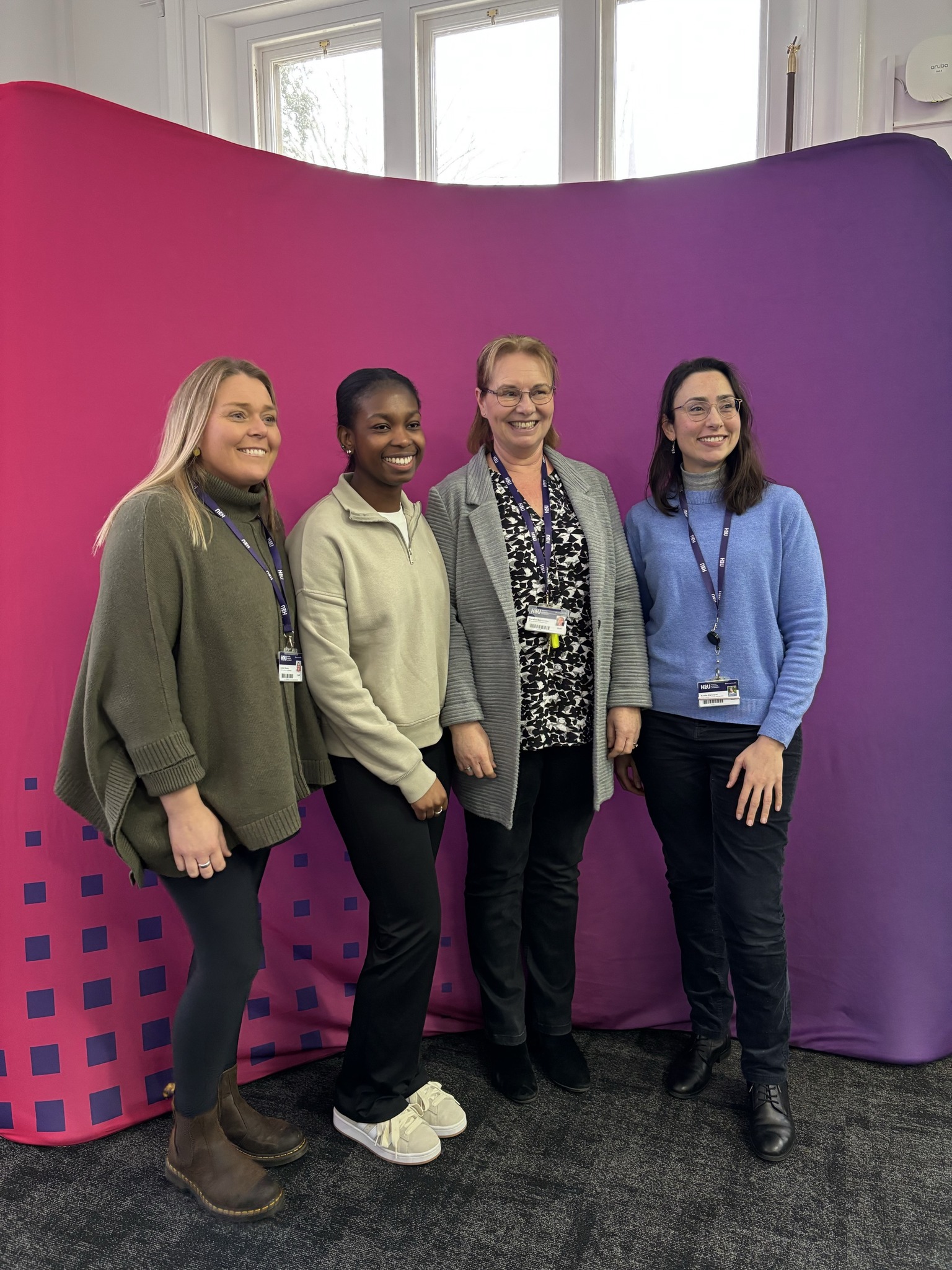
Health Sciences University (HSU) recently hosted a thought-provoking panel discussion in celebration of International Day of Women and Girls in Science.

Dr Mahitha Naidu has recently graduated from the MSc Podiatry (Pre registration) course at Health Sciences University.
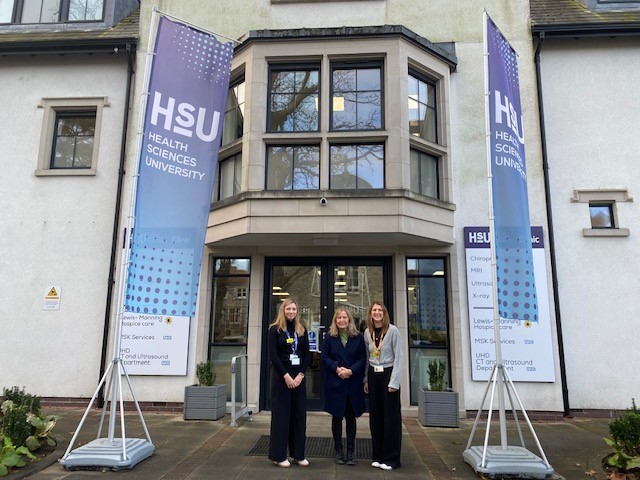
Health Sciences University, in collaboration with Dorset HealthCare, has launched a new Brain Health Clinic on its Bournemouth campus.
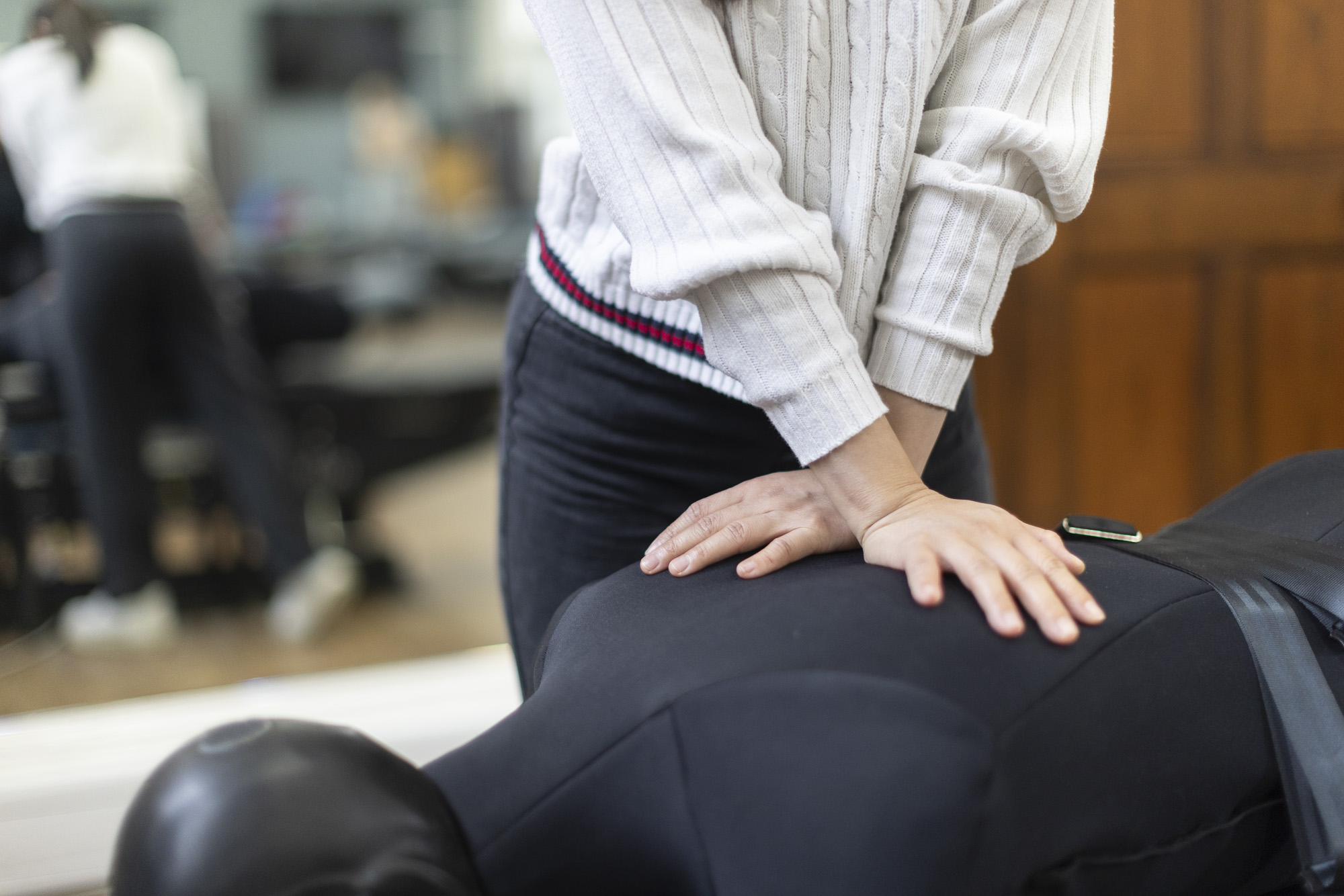
Carla tells us more about her experience of the course so far and what she enjoys about being part of the HSU community.
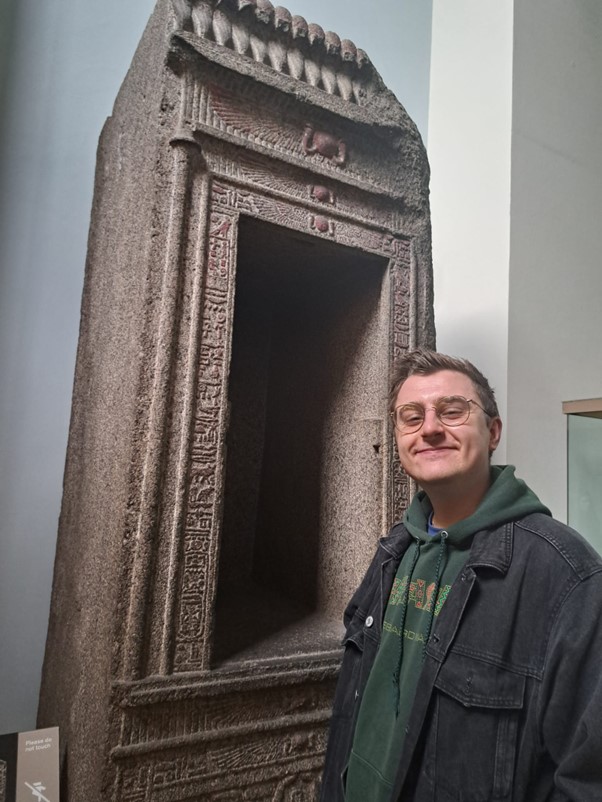
Dan Egelstaff is a First Year student on the MSc Occupational Therapy (pre-registration) course. The degree at Health Sciences University appealed to Dan when he was working as a Learning Disabilities Support Worker during the Covid-19 pandemic.
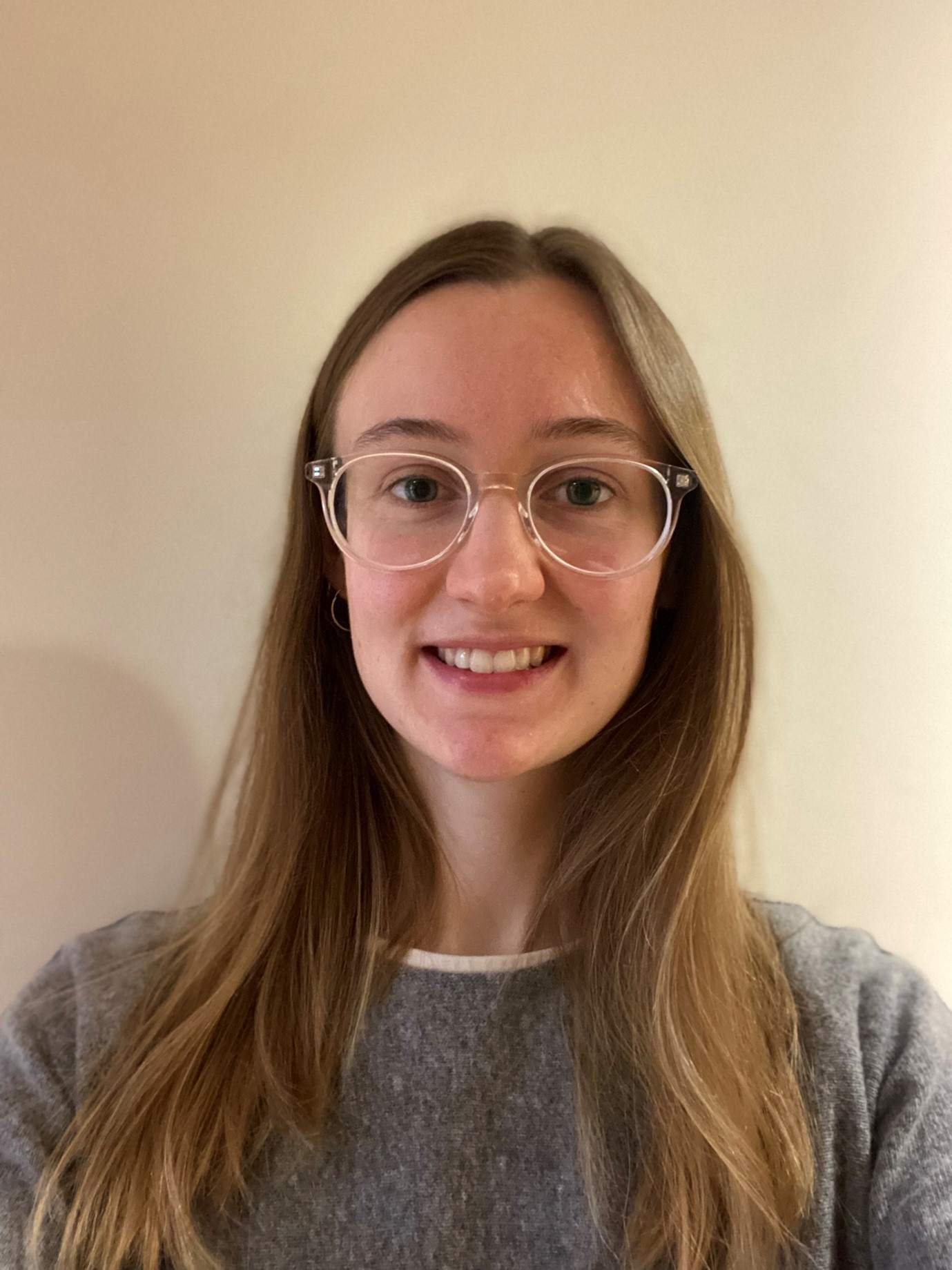
Natalia Purkiss is in her first year of the MSc Occupational Therapy (pre-registration) course at Health Sciences University.
